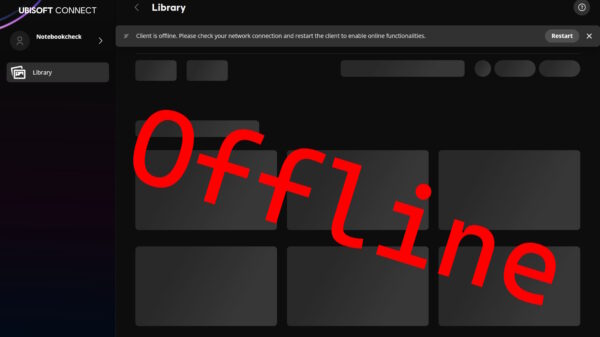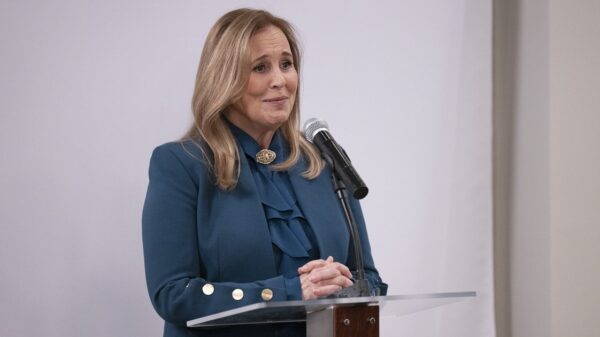A recent letter to the editor by Jerrold Johnson, a physician and former prisoner of war, highlights significant concerns regarding the U.S. Supreme Court’s handling of key constitutional issues. Johnson, who reflects on a previous letter written in 2005 during the Senate’s approval of Chief Justice John Roberts, argues that the Court has shifted towards a troubling abdication of its responsibilities.
In his letter, Johnson recalls the mixed reception of Roberts during his confirmation process, where many senators recognized his qualifications and character. Nonetheless, Johnson points out that critics expressed apprehension over Roberts’ past as a corporate lawyer and judge, fearing that his opinions could undermine essential rights, including women’s rights, free speech, and environmental protections.
Johnson’s experience as a physician who treated POWs amplifies his discontent with Roberts’ alignment with the administration that disregarded the Geneva Convention Treaty concerning the treatment of prisoners. He notes the stark differences in death rates among U.S. POWs in various camps during World War II, citing a death rate of 25% in Japanese camps compared to just 2% in German facilities. This comparison underscores his argument that adherence to international treaties is critical for humanitarian treatment.
In a broader context, Johnson expresses concern over a recent decision made on July 1, 2024, where the Supreme Court ruled that former President Donald Trump holds absolute immunity for core presidential actions. He argues that this ruling, along with the perceived complacency of both the House and the Supreme Court, indicates a shift towards unchecked executive power, resembling a dictatorial or monarchical governance model.
He expresses disappointment that his correspondence with Chief Justice Roberts on September 25, 2025, did not yield any change in direction. Johnson cites columnist Ellen Goodman, who suggested that justices often become more moderate once on the bench, asserting that this has not been the case with Roberts. Instead, Johnson fears the current trajectory threatens the foundational checks and balances of the U.S. government.
The letter serves as a call to action, questioning the implications of recent judicial interpretations and their impact on American democracy. Johnson urges readers to consider the potential consequences of a power structure where a single individual—or a small group—holds substantial sway over the governance of the nation, echoing concerns raised by others regarding the balance of power and constitutional integrity.
As the debate continues, it remains crucial to monitor how judicial decisions will shape the future landscape of American governance and civil rights.





































































